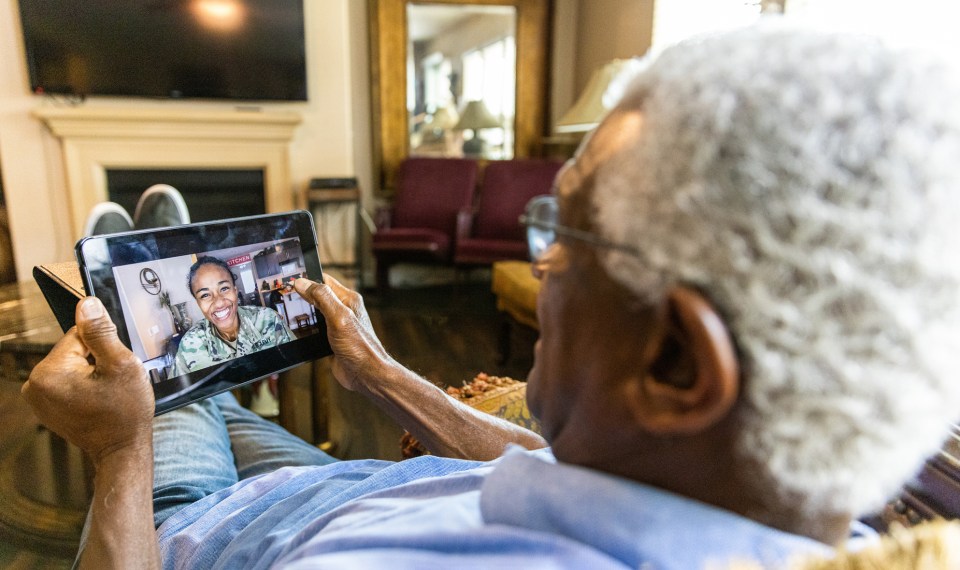Determining when it’s appropriate to call 911 can be challenging at any time, but the ongoing COVID-19 pandemic has brought even more uncertainty.
Fear of COVID-19 exposure has caused a nationwide drop in emergency calls, meaning people with severe, life-threatening conditions could be waiting too long to seek medical care.
According to a recent survey conducted by the National Association of Emergency Medical Technicians, emergency medical service agencies across the country have reported a 69% decrease in emergency calls. The American Heart Association has also reported that 911 calls are down 25% for heart attacks and 35% for strokes.
The best rule of thumb when it comes to calling 911? Don’t wait until it’s too late.
While people are encouraged to stay home during the pandemic to conserve hospital resources, it is still safe to call 911 and go to the hospital during times of an emergency.
First responders and hospitals have implemented extensive safety measures to protect you from infection, even in the throes of a pandemic. Hospitals are also still able to accommodate non-COVID-19 patients and ensure they receive the care they need.
Time is of the essence when it comes to serious conditions like heart attack or stroke. Receiving medical care quickly during these situations is critical and can make a significant difference in the long-term outcomes.
Knowing the signs and symptoms of these conditions can help you realize when emergent medical care is needed to ensure you receive the right care, at the right time.
Warning signs of a heart attack
Some heart attacks can come on sudden and intense, but most start slowly with mild pain or discomfort. Pay attention to your body and call 911 if you experience:
- Pain or discomfort in your chest
- Lightheadedness, nausea or vomiting
- Jaw, neck or back pain
- Discomfort or pain in arm or shoulder
- Shortness of breath
Warning signs of a stroke
Acting F.A.S.T can help stroke patients receive the urgent care they need. Stroke treatments work best when a stroke is recognized and diagnosed within three hours of the first symptoms.
If you or someone you know may be having a stroke, do the following simple test:
F – Face: Ask the person to smiled. Does one side of the face droop?
A – Arms: Ask the person to raise both arms. Does one arm drift downward?
S – Speech: Ask the person to repeat a simple phrase. Is the speech slurred or strange?
T – Time: If you see any of these signs, call 911 right away.
Additional symptoms include trouble seeing in one or both eyes, trouble walking including dizziness and loss of balance, as well as a severe headache with no known cause.
Are you experiencing any new symptoms?
If you are receiving home health or hospice care and begin experiencing new non-life-threatening symptoms, your provider may be able to help.
At Encompass Health – Home Health & Hospice, our clinicians are available 24 hours a day, seven days a week to answer your call and help with any questions you may have. Calling us first may help you avoid a trip to the emergency room or hospital.
Encompass Health and many other healthcare providers have instituted telehealth measures to ensure patients can continue to receive routine medical care and advice over the phone.
Utilizing your disease-specific Zone Tools can also help you manage your condition and know when it’s best to call Encompass Health, your physician or 911 based on symptoms you are currently experiencing.
The content of this site is for informational purposes only and should not be taken as professional medical advice. Always seek the advice of your physician or other qualified healthcare provider with any questions you may have regarding any medical conditions or treatments.



